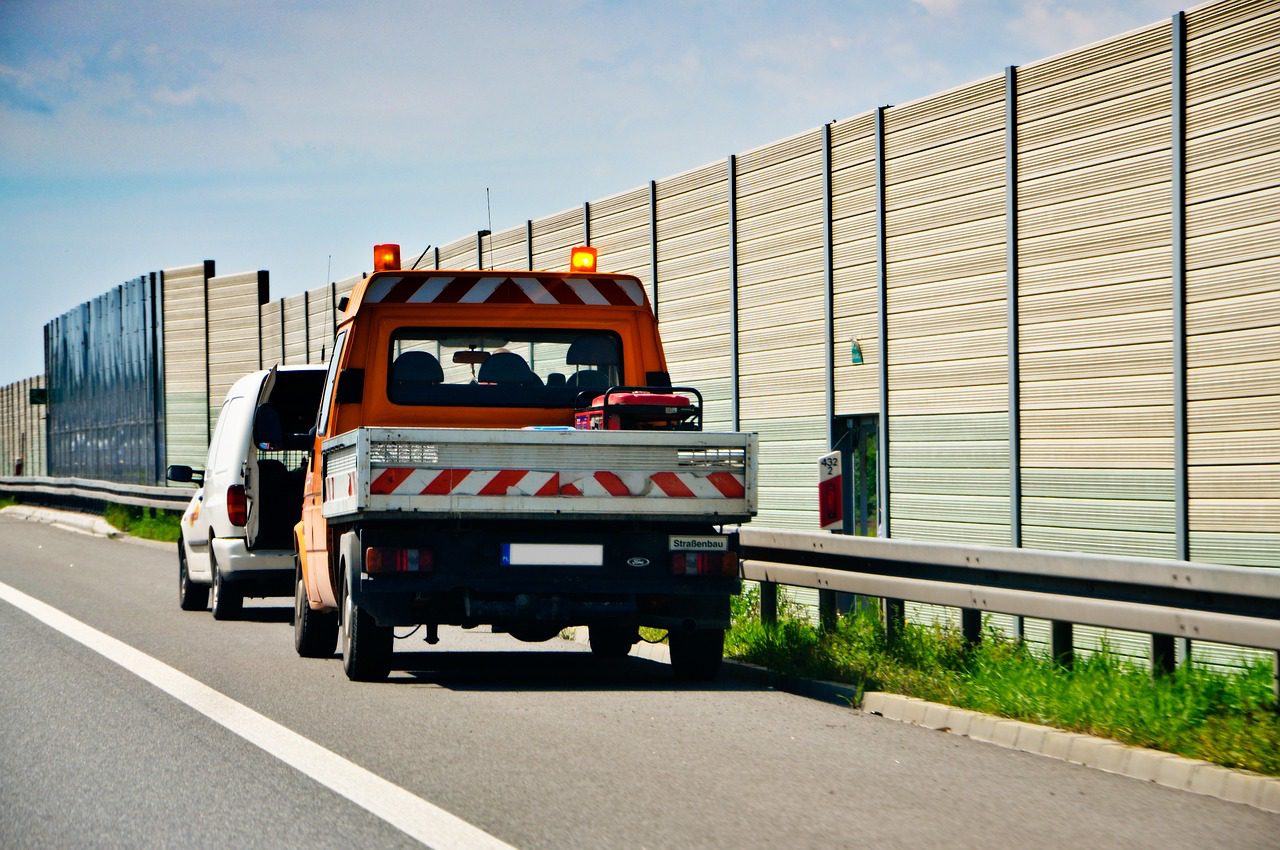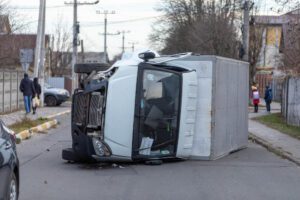There is no one size fits all approach here when it comes to highway breakdowns. The aftermaths are sometimes stressful and we end up doing silly stuff. All highway breakdowns are not created equally but there are some basic steps to follow in order to avoid further trouble and of course – that added stress factor.
In this small write-up, we have identified some basic rules that are often overlooked in the event of a highway breakdown. So, bring out your notes and start jotting down.
Always Use Hazards
On a highway when you realize that there is something wrong with your vehicle, you often tend to forget the most important thing. Yes pulling over is important but more than that you have to turn on the hazards. So, it’s simple, turn on the hazard lights and pull over to stay away from harm’s way.
Some More Precautions
Once you have cleared the road and the vehicle is safely parked on the shoulder – you can make things more solid. Turn on the dome lights and headlights to make your vehicle more visible to others. This very important on foggy roads or when it’s dark. In addition to that, it’s now time to put your emergency kit to some use. Find the reflective triangles and put them behind the vehicle. Keep your eyes and ears on the road while placing the reflective triangles and make sure that they are not on the road.
Review Fleet’s Safety & Accidental Policy
Fleet’s safety and accidental policy should be in your vehicle. Review it to determine whether or not it is safe to get out of the vehicle. Is the neighborhood safe and what emergency numbers to call? The answer to these questions will most likely determine the next steps.
It is advisable to exit the car only if you are stranded in a rural area. Metropolitan freeways are usually high trafficked hence you should ideally stay in the car and wait for assistance to arrive. It hardly takes a few minutes for law enforcing personals to get in touch with you on busy, metropolitan highways. Leaving the stranded vehicle or standing around it increases risk. Always remember that it is important to be safe than be on schedule.
What Does National Safety Council Recommend?
The National Safety Council Recommends
- Don’t try stopping other vehicles
- Raise the hood and if possible tie a white piece of cloth to the antenna. This will alert nearby police officers and towing trucks.
- Don’t stand close to the vehicle.
A Few Extra Tips:
These few extra tips would further ensure the safety while you’re stranded on road.
- You shouldn’t try and attempt to fix the vehicle yourself – even if it appears easy. Wait for the assistance to arrive.
- Exit the vehicle if you are sure that it is safe to do so. Raise the hood and put everything in place as discussed above.
- Don’t lose patience. Control your stress and wait for the assistance to arrive. Losing patience often attracts more problems.
- Make sure to keep the vehicles accidental policy in the car at all times.




